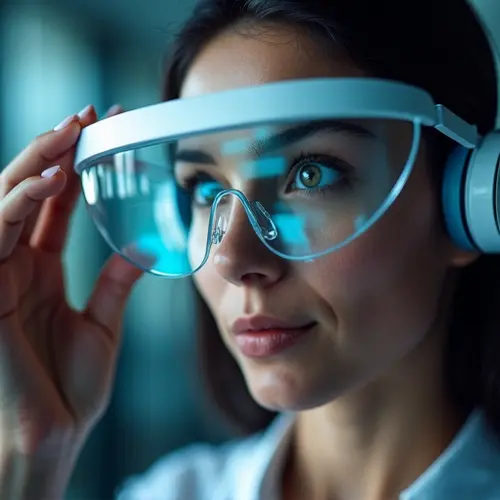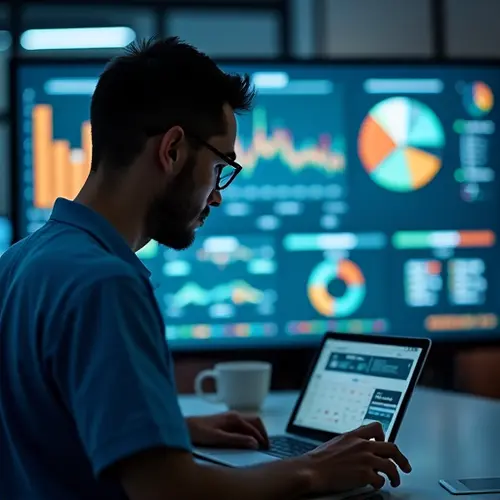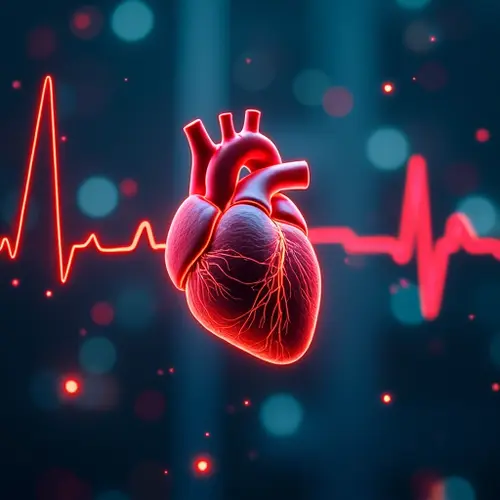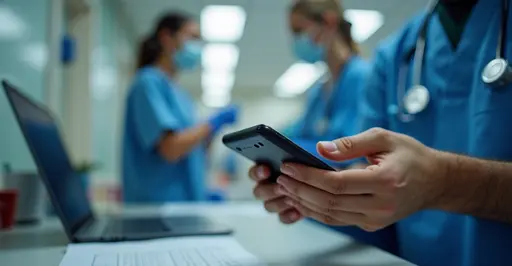Wearable heart monitors using advanced sensors and AI are detecting cardiac issues early, transforming preventive healthcare and enabling timely medical interventions.
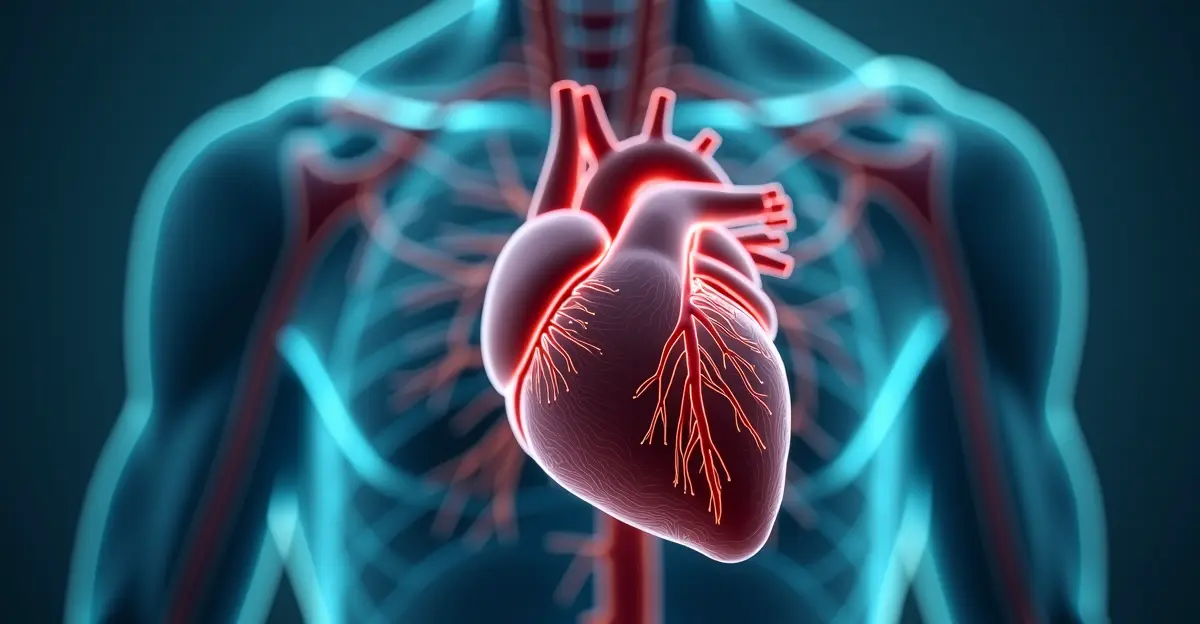
The New Frontier in Preventive Cardiology
Wearable heart monitoring technology has emerged as a game-changer in preventive healthcare, with smart devices now capable of detecting cardiac issues long before traditional symptoms appear. These advanced wearables, ranging from smartwatches to specialized medical devices, are transforming how we approach heart health monitoring.
How Wearable Heart Monitors Work
Modern wearable heart monitors utilize sophisticated sensors including photoplethysmography (PPG) sensors that measure blood flow through the skin, electrocardiogram (ECG) capabilities that track electrical heart activity, and advanced algorithms that analyze patterns for abnormalities. Devices like the Apple Watch Series with ECG functionality and various FDA-cleared medical wearables can now detect conditions like atrial fibrillation (AFib) with clinical-grade accuracy.
Early Detection Saves Lives
The real power of these devices lies in their ability to catch heart rhythm disorders during their earliest stages. "We're seeing patients come in with data showing intermittent AFib episodes they never would have noticed otherwise," says Dr. Sarah Chen, cardiologist at Massachusetts General Hospital. "This early detection allows us to intervene before serious complications like stroke occur."
Beyond Basic Heart Rate Monitoring
Today's wearables go far beyond simple heart rate tracking. They can monitor heart rate variability (HRV), detect irregular rhythms, track sleep patterns affecting cardiac health, and even provide personalized insights based on continuous data collection. Some advanced models can now detect signs of heart failure and other serious conditions through subtle changes in physiological patterns.
Integration with Healthcare Systems
The most significant development in 2025 has been the seamless integration of wearable data with electronic health records and telehealth platforms. Patients can now share their heart health data directly with healthcare providers, enabling remote monitoring and timely interventions. "This technology is democratizing heart health monitoring," notes Dr. Michael Rodriguez, digital health researcher at Stanford University. "We're moving from reactive care to truly preventive medicine."
Future Developments
The future looks even more promising with ongoing research into wearables that can detect blood pressure changes, blood oxygen saturation levels, and even early signs of coronary artery disease. Companies are developing devices that combine multiple sensors for comprehensive cardiovascular assessment, potentially revolutionizing how we screen for and manage heart conditions.

 Nederlands
Nederlands English
English Français
Français Deutsch
Deutsch Español
Español Português
Português


